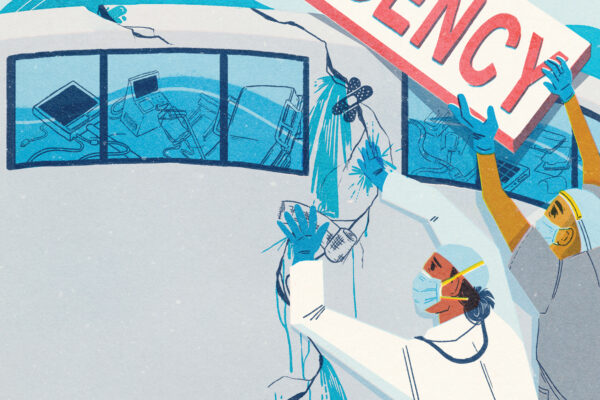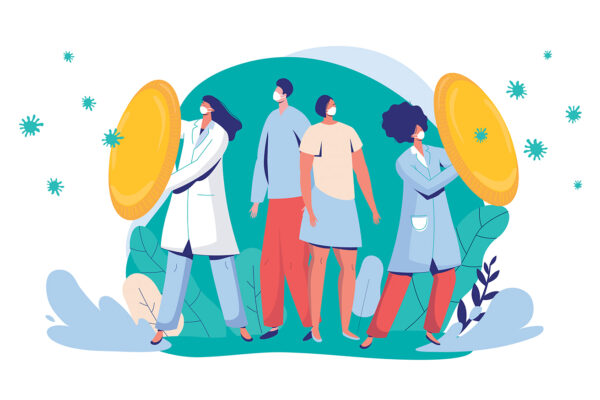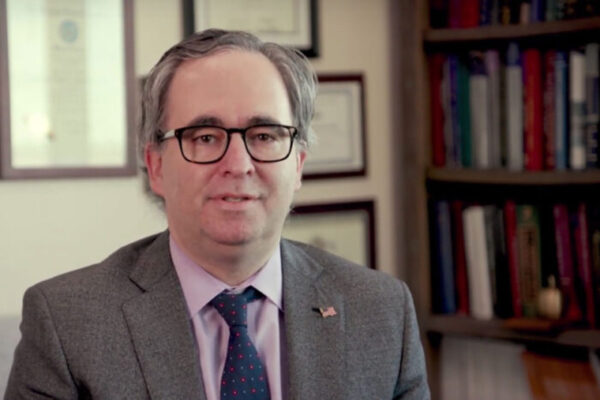Public health after COVID-19
The COVID-19 crisis could reshape public health for the better.
Communicating about COVID-19
Matthew Kreuter, the Kahn Family Professor of Public Health at the Brown School, is trying to make sure everyone understands the COVID-19 vaccine.
Changing how we see the brain
By studying our brain’s connectome, behavioral neuroscientist Damien Fair is drawing a new map of autism.
Leana Wen: When science and politics vie
During the pandemic, Leana Wen had to sort through the confusion when politicians and pundits contradicted health experts.
Modeling the pandemic
Since early in the pandemic, researchers at the McKelvey School of Engineering at Washington University in St. Louis have been using data modeling to assess the effects mitigation measures might have on everything from the spread of transmission to the economy. Now, with the US and other countries again experiencing rising cases, their research is as relevant […]
For malnourished children, a new type of microbiome-directed food boosts growth
A new study shows that a therapeutic food designed to repair the gut microbiomes of malnourished children is better than standard therapy in supporting their growth. The study was led by researchers at the School of Medicine and was published in The New England Journal of Medicine.
For breastfeeding moms, COVID-19 vaccinations may also protect babies
New research from Washington University School of Medicine suggests that nursing mothers who receive a COVID-19 vaccine may also protect their babies from the virus.
Sacks named division director in plastic and reconstructive surgery
Justin M. Sacks, MD, a highly respected microvascular surgeon with expertise in complex surgeries involving cancer and trauma, has been named director of the Division of Plastic and Reconstructive Surgery at the School of Medicine. Sacks also has been installed as the Sydney M. Shoenberg Jr. and Robert H. Shoenberg Endowed Chair in Plastic and Reconstructive Surgery, an endowment supported through The Foundation for Barnes-Jewish Hospital.
Implementation science should give higher priority to health equity
Moving scientific research results into public health and patient care more quickly could have a significant impact on health equity, finds a new paper from researchers at the Brown School at Washington University in St. Louis.
Study predicts which kids hospitalized with RSV likely to worsen
Children hospitalized with breathing problems due to infection with respiratory syncytial virus (RSV) are likely to get sicker and remain hospitalized if they have high levels of defective copies of the virus, according to a new study by researchers at the School of Medicine.
Older Stories









